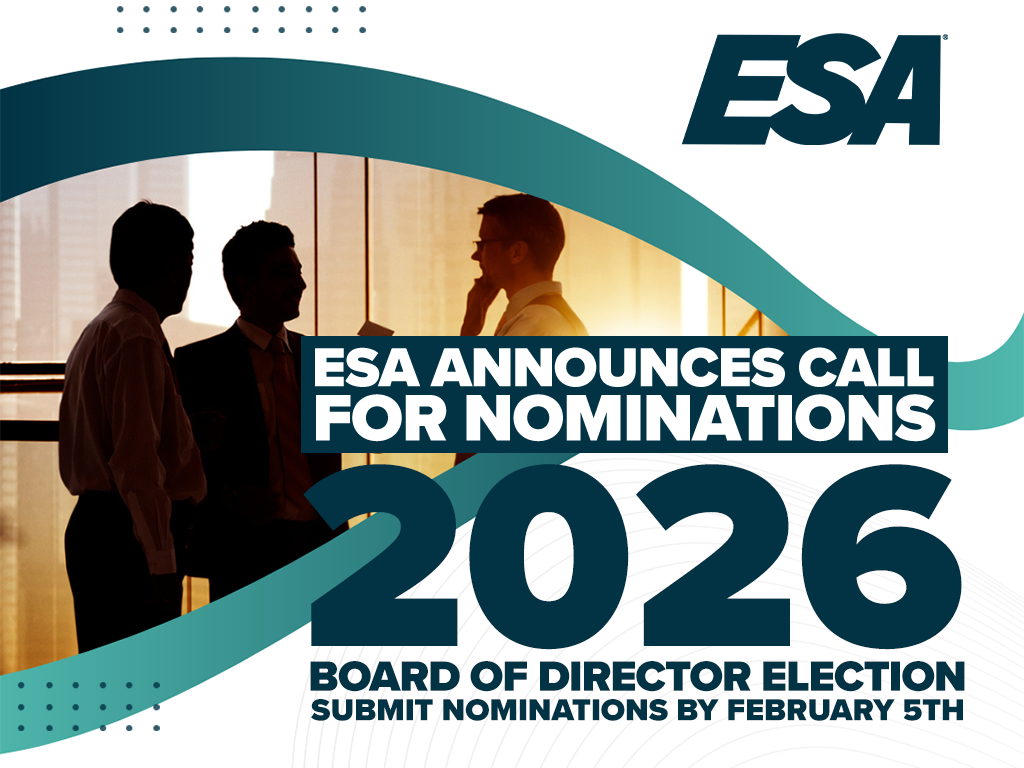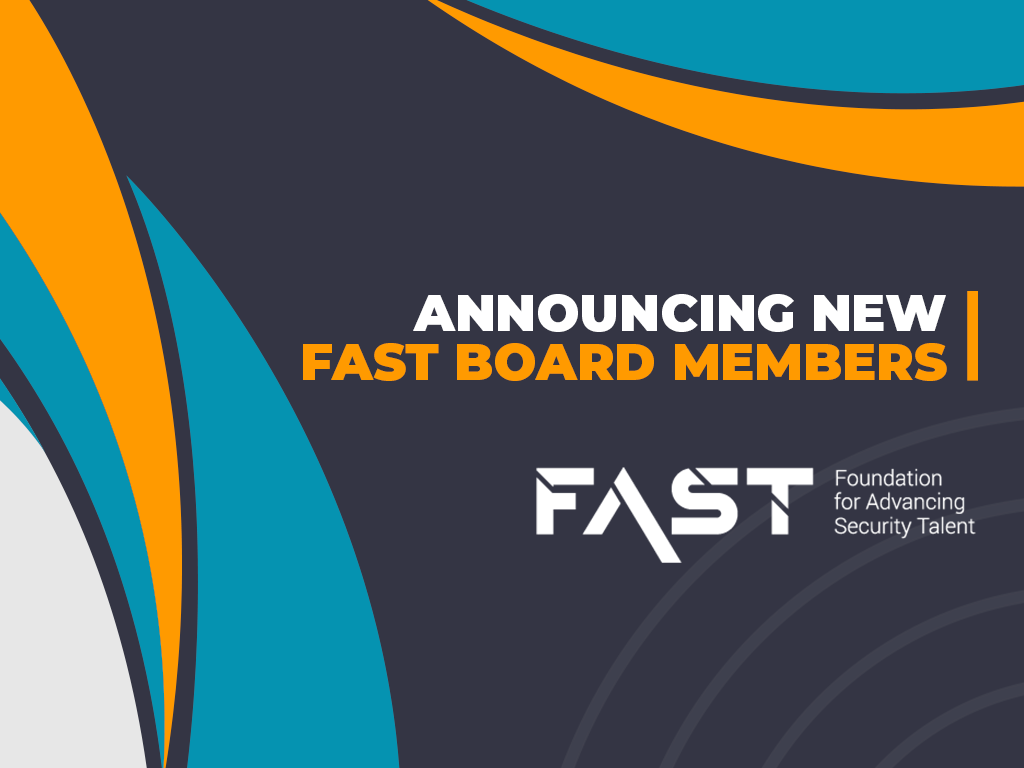Key Findings of the 2024 Security Compensation Study

Diverse Company Size:
A key finding of the security compensation study is that the size of companies in the security industry varies widely. From the Study:
“Organizations in the $5 – $50 million range were the most common revenue size chosen (44%) but those in the less than $5 million range were not far behind, representing 41% of the sample. This means that 85% of all respondents were organizations under $50 million. When looking at organizations by their number of FTEs, 76% were from organizations with 100 or less FTEs. The most common company size by number of employees is 20 – 100 FTEs (47%).”
To FAST, this finding highlights the need for a tailored workforce development solution to bring talent into the industry. With mid-sized companies making up the bulk of the industry, individual programs for attracting and retaining talent will only go so far. Additionally, this highlights the importance of industry sponsored initiatives like FAST – one company pursuing a training program will only get so far with such a wide range of companies. We need to come together as an industry to tackle this challenge.
Recurring Monthly Revenue (RMR):
RMR is a major topic when considering compensation in the security industry. Notably, there is no one-size fits all approach to compensation for RMR generating projects. Instead, our study finds a diverse array of approaches to this challenge:
“Almost a quarter of respondents indicated that they do not offer any commission for RMR sales, while 76% indicated that they had some kind of RMR commission in place. Additionally, of those companies that do provide some kind of RMR commission, 33% indicated that they employ a sliding commission structure based on the revenue generated by RMR projects.”
Benefits Trends:
Benefits are a crucial part of any compensation offering to your organization’s employees. Knowledge of the industry-standard for benefits is particularly helpful in having your offer stand out among a prospective employee’s career choices. Our Study had this takeaway on benefits:
“The most common insurance offerings were Medical (88%), Dental (81%), and Vision (78%). For paid leave, PTO (94%) and Sick Leave (79%) were the most common. The most popular additional benefits were Training/Certificate Reimbursement (85%), Cell Phone Allowance (83%), and Company Vehicle Allowance (79%). Regarding retirement, 401 (k) plan (76%) was by far the most selected choice.”
Companies that offer benefits like these can stand out from those that do not. It is crucial for company leaders to benchmark offerings against the industry norms, and to communicate this information to potential talent.
Recruitment: Unsurprisingly, recruiting and retaining talent in some positions within our industry remains a challenge. Technicians remain difficult to find for integration companies:
“Despite companies’ best recruitment efforts, certain positions can still prove difficult to find, attract, and hire. Almost three quarters of System Installer/Integrator companies indicated that Installer/Technician roles were the most difficult to hire. Sales/Business Development roles were the next most difficult for these companies but with only 21% of companies indicating these roles as the most difficult to hire.”
This is where the main takeaway of the Study comes for FAST. This highlights a significant opportunity for FAST to bridge the gap between potential employees and the industry, emphasizing the attractiveness of security careers. FAST aims to elevate awareness and develop programs that underscore the security industry as a promising career path, ensuring talents recognize the vast opportunities available as they navigate their career.
Looking Ahead:
The release of this security compensation study is a call to action for the security industry. Companies must not only assess their current compensation practices, but also stay attuned to the evolving trends and challenges highlighted in the report. We cannot ignore the reality that competition for entry-level talent is fierce, and that companies cannot go at this problem alone. FAST is here to help, and we hope that this report assists your company in recruiting and retaining talent.




